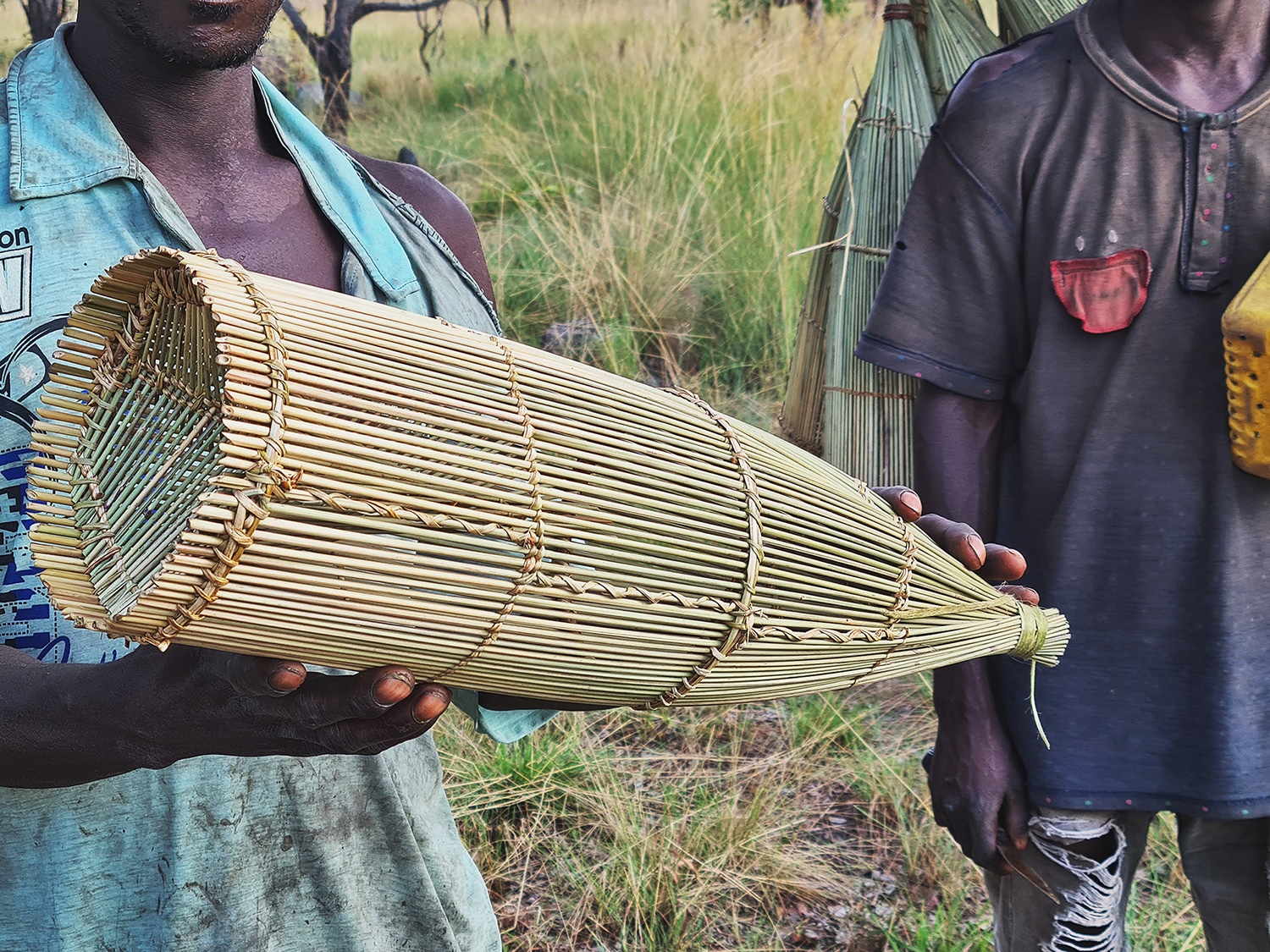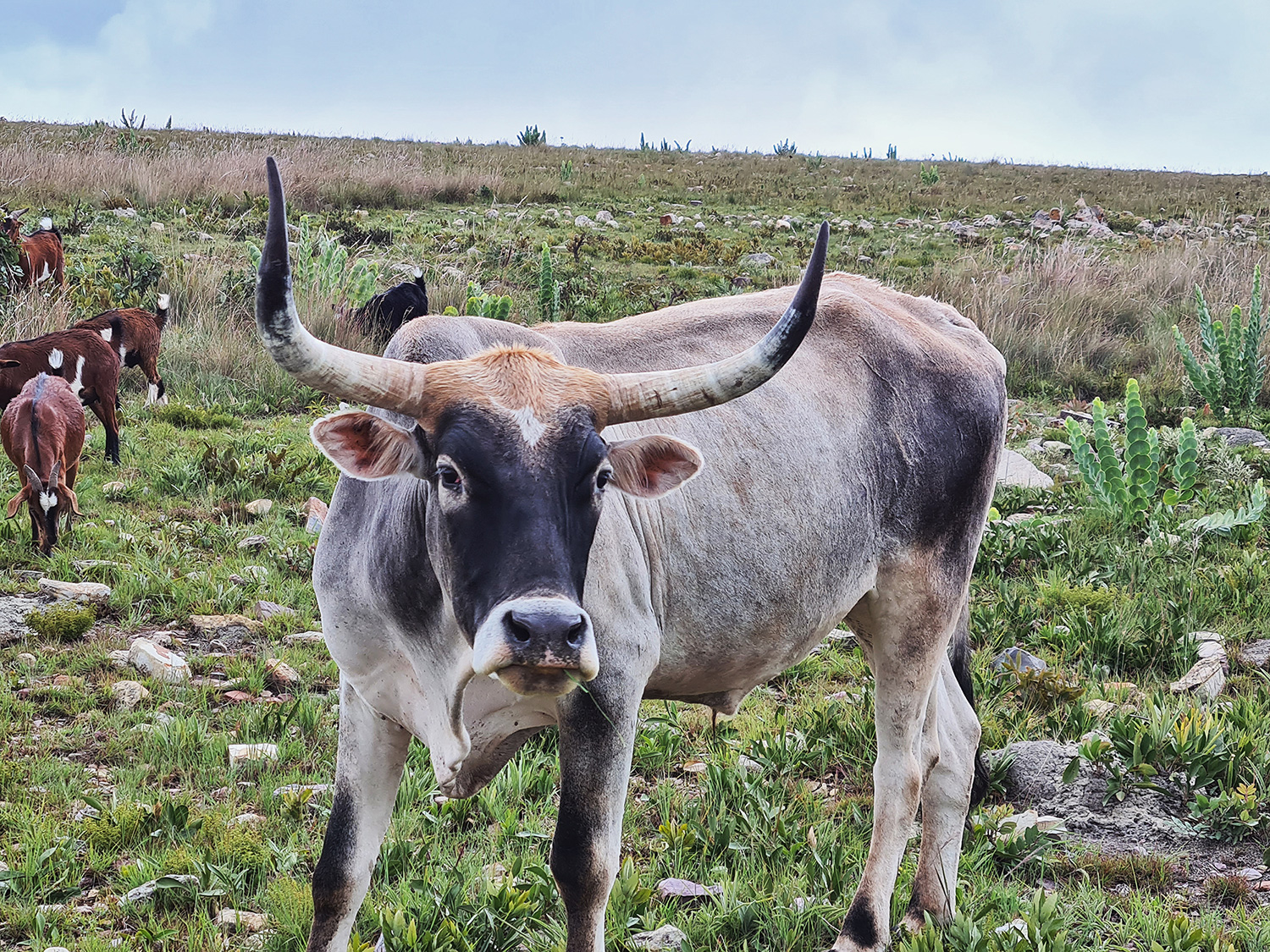While open ecosystems are resilient to, and often depend on, intrinsic disturbances such as fire and herbivory, they are very vulnerable to human-induced disturbance. These risks include the alteration or exclusion of disturbance, soil degradation, the uprooting of belowground biomass through ploughing, invasive species, and an increase in woody cover through tree planting. While restoration has a key role to play where savannas, grasslands and shrublands have already been impacted, it is paramount to effectively manage ‘old-growth’ open ecosystems that nurture biodiversity and ecosystem services but are slow to recover if deteriorated by human land use.
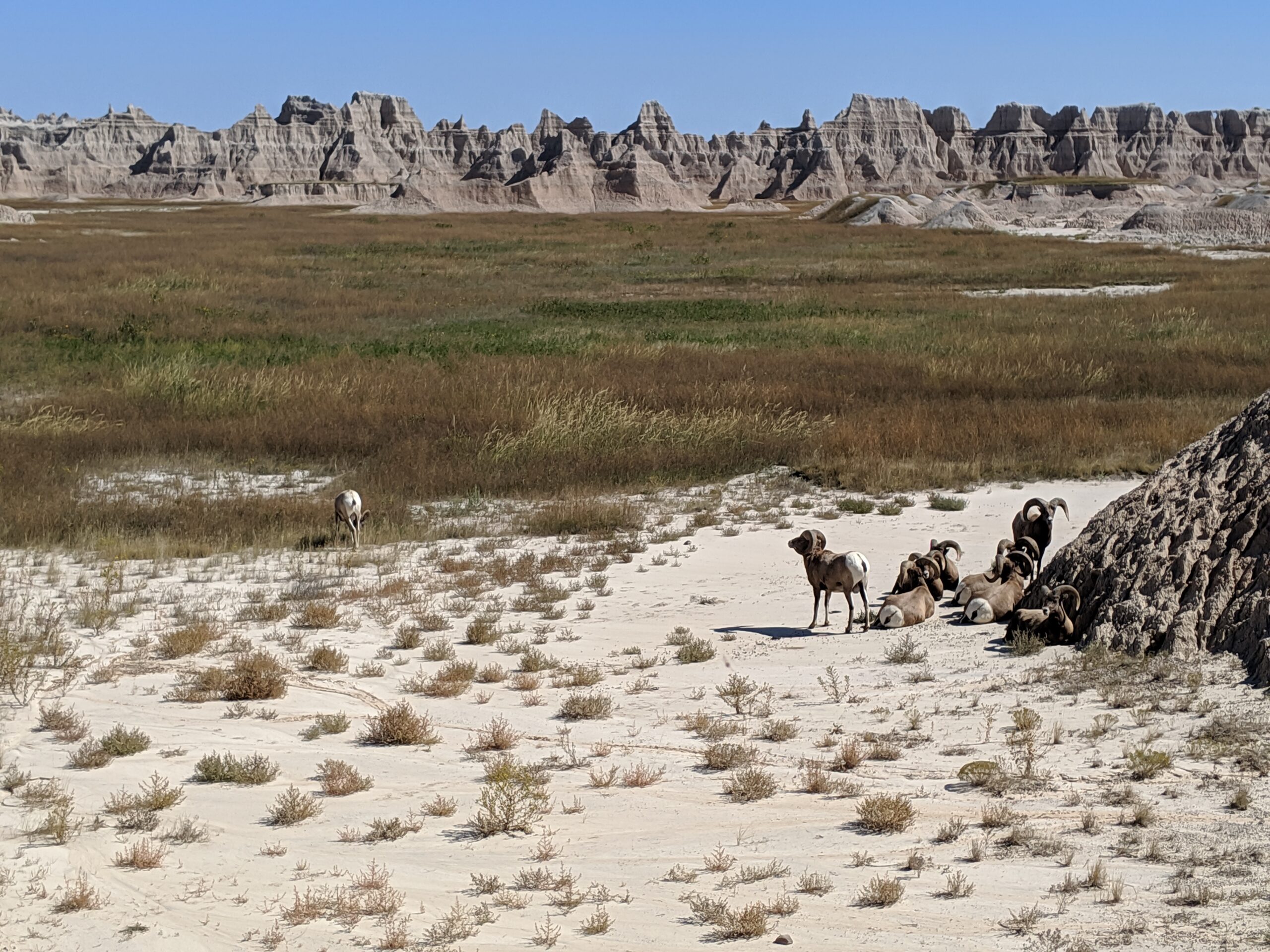
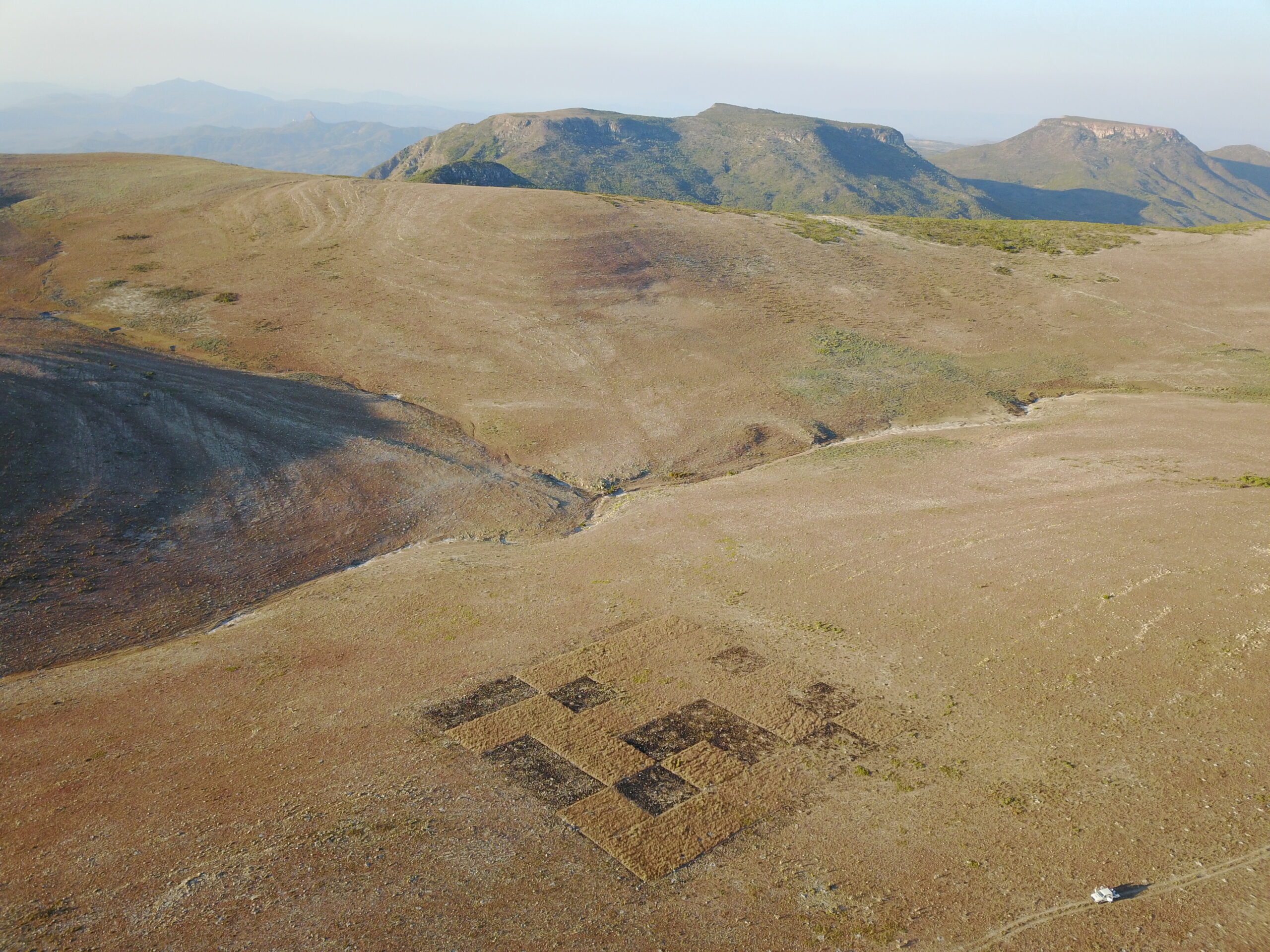
Examples of management strategies that can support the resilience of open ecosystems include:
Fire management
Prescribed burning can uphold fire regimes that maintain the open landscape and native plant communities by limiting woody encroachment.
Herbivore management
While native megafauna are irreplaceable in ecological processes, appropriate livestock grazing in the right context can control biomass and be used to support livelihoods.
Tree removal
Selective cutting or clearance of trees and shrubs favours the diverse herbaceous and grassy ground layer in open ecosystems.
Invasive species control
Removal of exotic non-native species can be achieved through burning, manual weeding and topsoil transfer.
Native species reintroduction
Grass and herbaceous plants that are locally in decline or extinct can be propagated through direct planting of seeds or soil transfers, and treated to allow establishment.
Soil improvement
Where the below-ground bud bank has already been destroyed, mechanised methods of tilling or soil translocation may be effective.
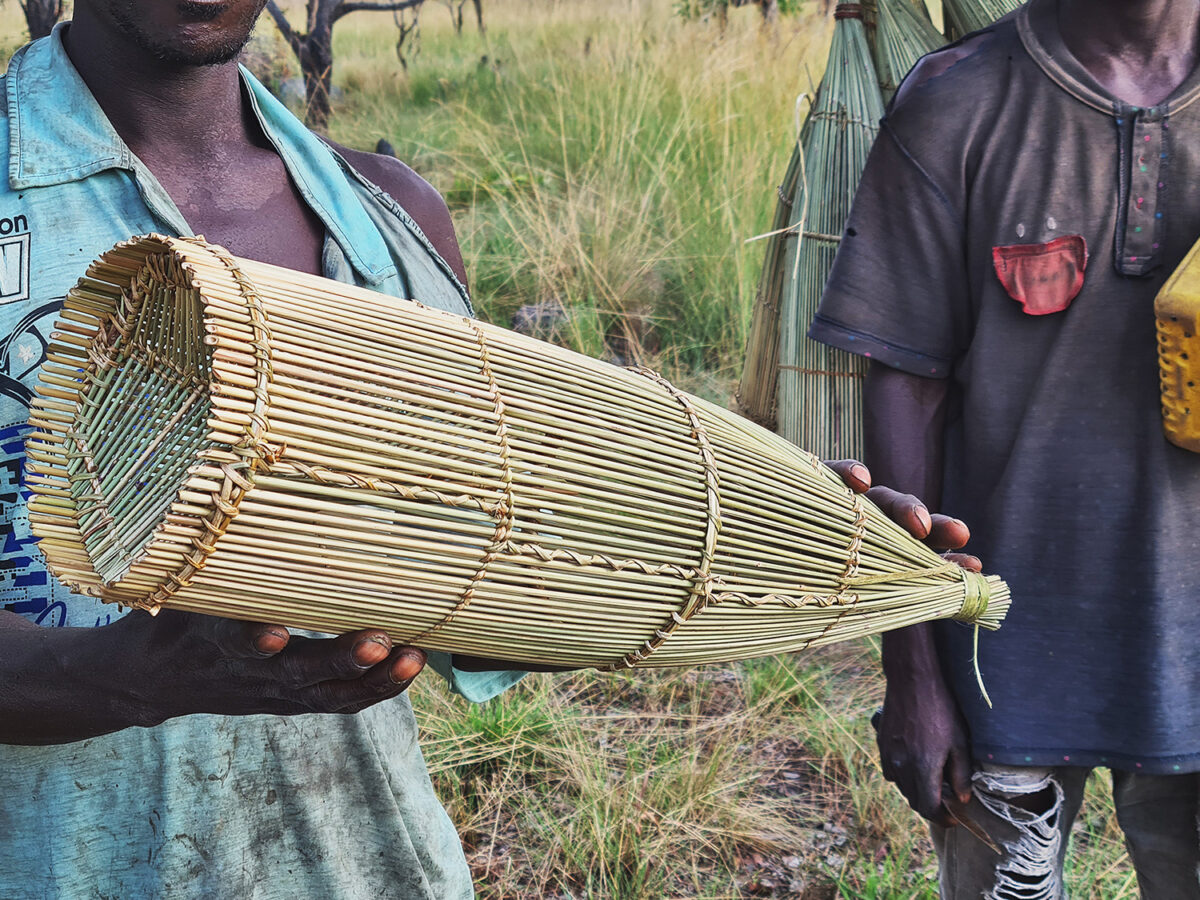
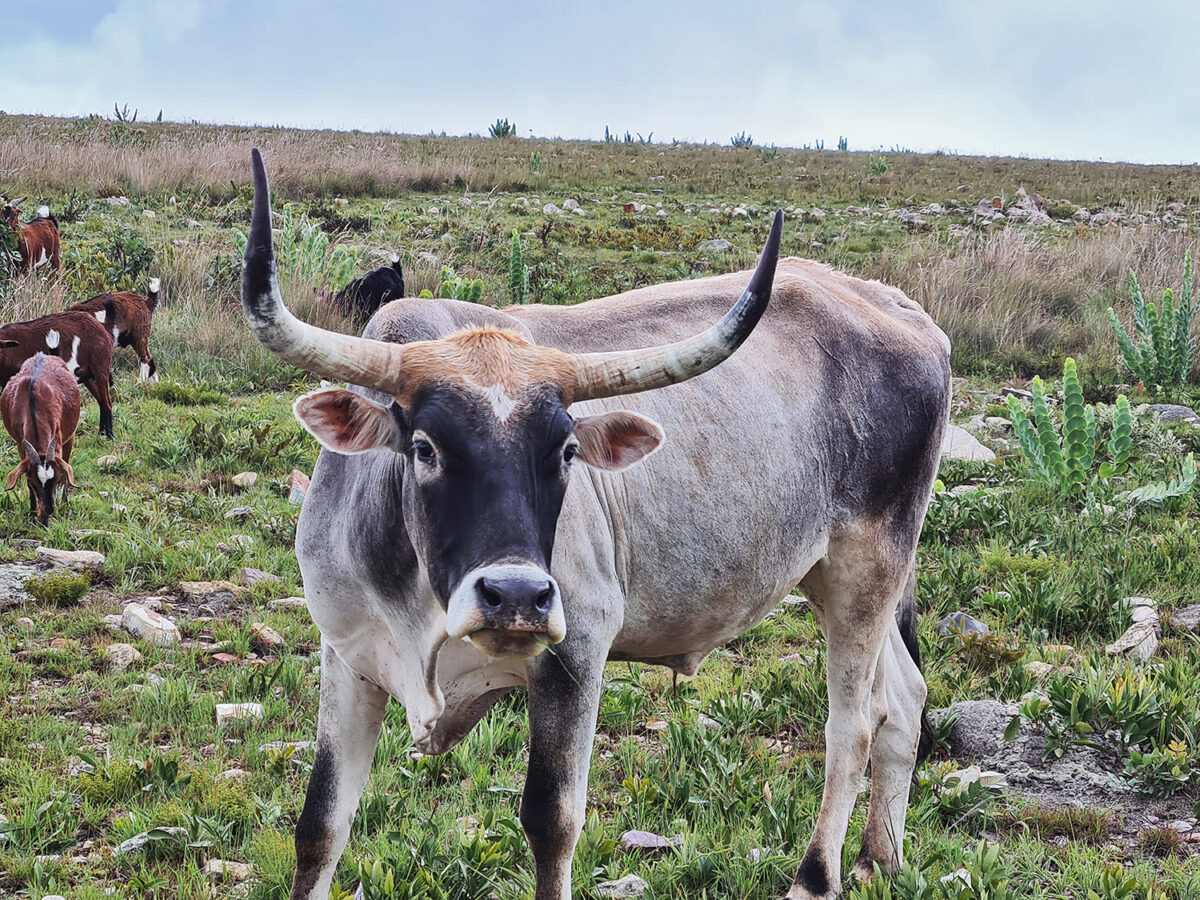
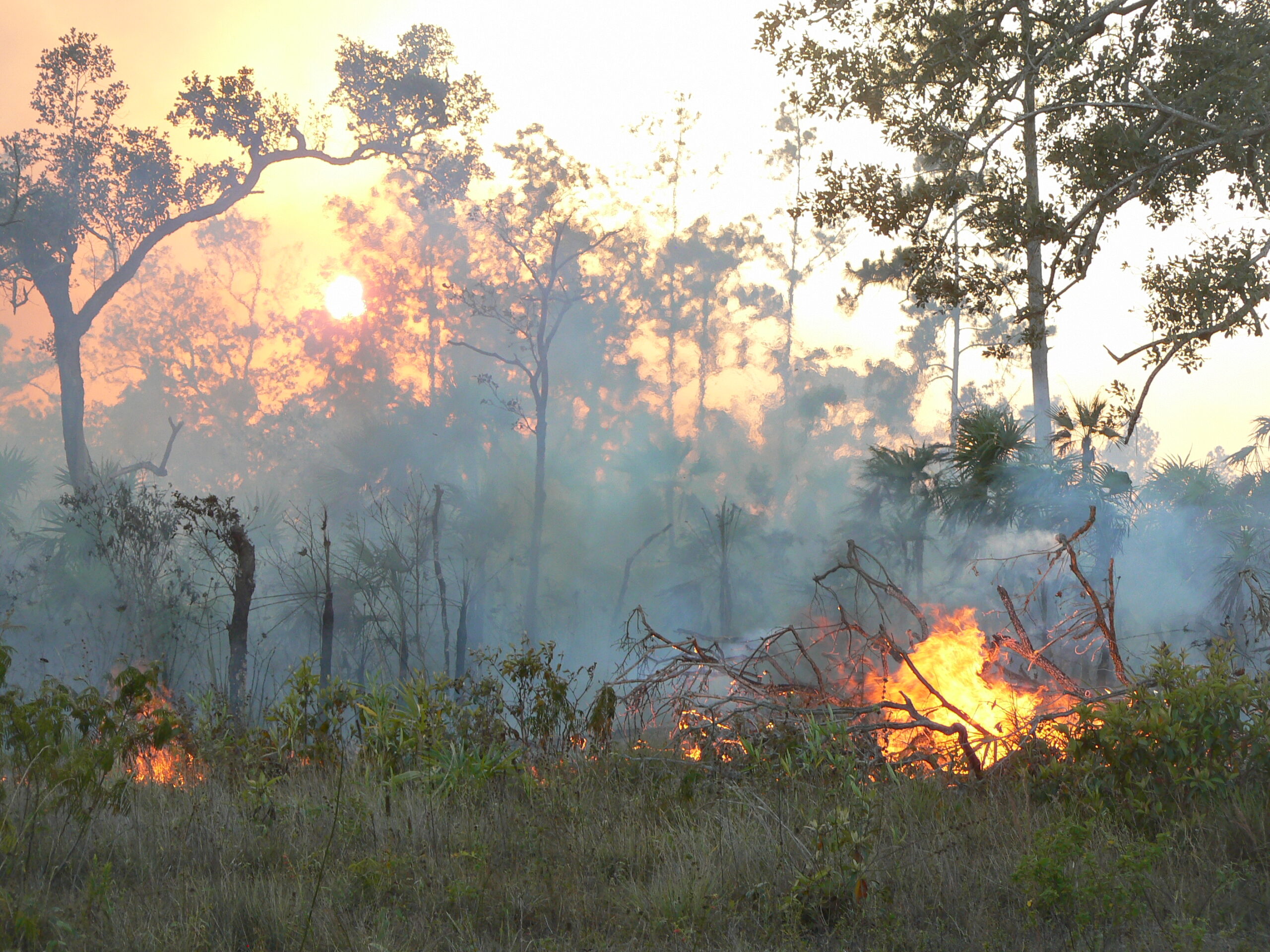
These current understandings of open ecosystem processes and how they link to management and restoration of open ecosystems through the methods described above are explained in an article written by many OpEN affiliates. The difficulty that remains in translating this scientific knowledge to practice is part of the reason that OpEN was established. If you have on-the-ground experience of open ecosystem management or any thoughts for developing this, please consider getting in touch with OpEN.

